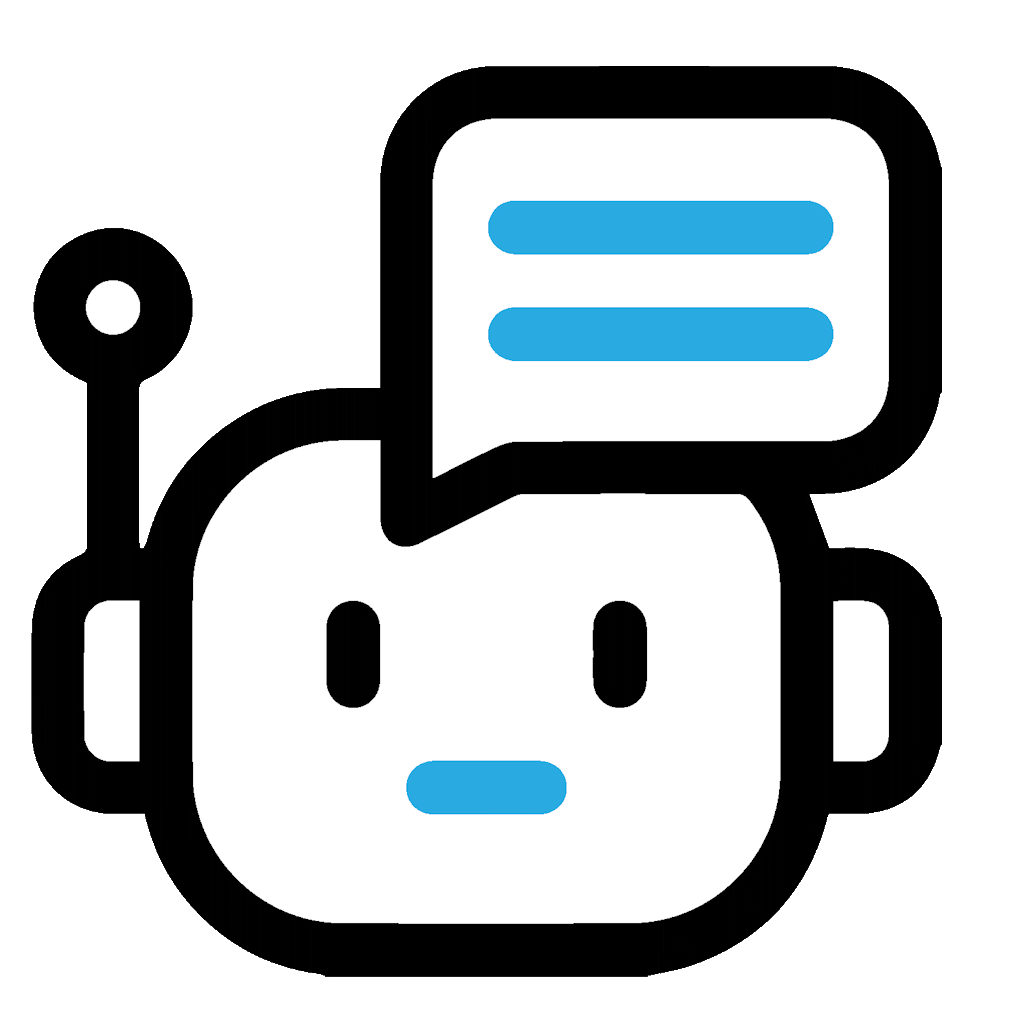Plagiarism is using another person’s work or ideas without saying where they came from in school or at work. People can copy directly, change words but not say where they got it from, or use their old work as if it were new.
It can cause more than just trouble in school or work. This makes people not trust you and can ruin your name for a long time. It also stops you from thinking in new ways, which is very important in all jobs.
The practice of plagiarism is bad for schools and works places too. It makes it seem like it is okay to cheat and not work hard. To stop plagiarism, we need to teach people about it and use programs that can find copied work.
Luckily there are good AI tools available that can take care of not only plagiarism but also fix AI-generated text. These power full tools humanize AI content and make it unique to avoid detection. Let’s understand the types of plagiarism here.
Common Types of Plagiarism
Direct plagiarism is plagiarism someone else work exactly without saying it is not yours. This is easy to find and hard to explain away.
Changing words around and paraphrasing but not saying who originally wrote it is another way people cheat. This is harder to notice but just as wrong.
Using your old work again without saying it is old is called self-plagiarism. People do not talk about this much, but it is just as bad as the other kinds. In schools, it is important to have new ideas.
Academic Consequences of Plagiarism
Plagiarism in school is bad and can cause many problems. You might get a warning first if you copy. This is a small punishment but it is important. If you ignore the warning you might fail your class. This can make you feel bad and hurt your school record.
If you continue to plagiarize, you could be on academic probation. This means the school will watch you closely for a while. While on probation, you cannot do some things, and it could take longer to finish school.
If plagiarism does not stop, you might be kicked out of school. This is very serious and shows the school does not allow plagiarism. This can harm your future a lot.
When someone copies, people will not trust them. Teachers, other students, and future bosses might not believe you anymore. This bad mark can stay with you even after school is done.
Professional Consequences of Plagiarism
Plagiarism in your job is also bad. If you take someone’s work without asking, you might be sued. These court cases can take a long time and stress you out.
You might have to pay a lot of money if you lose in court. These fines can hurt your financial situation. You will also have to pay for lawyers, which costs more.
If you get caught plagiarism at work, you could lose your job. Many companies have tough rules against plagiarism. If they catch you, they often fire you right away.
Your professional image gets very hurt. In jobs where trust matters a lot, this can destroy your career. It is very hard to get a new job if people know you copied work. Jobs might not want to hire you if you have a bad past. It is difficult to get respect again.
Plagiarism work is a big ethical problem. It means you do not follow the important rules of your job.
This kind of problem can make people lose respect for you. Then it is hard to work together with them later.
Personal Consequences of Plagiarism
Stress from getting caught for plagiarism can be big. You might have trouble sleeping and always feel scared.
Feeling this way can make you lose confidence. You might start to think you are not good enough.
Your friends and workmates might not want to be close to you anymore if you copy. This can make you feel alone. Trust breaks in your personal life, too.
When people find out you copied, they might not trust you in other things. This can hurt your relationship with them.
Best Practices to Prevent Plagiarism

To stop plagiarism, we need to teach people about it. Schools and jobs should make sure everyone knows how bad it is. Workshops and seminars make learning stronger by being interactive and having new content.
These events let people talk about real situations, which makes learning stick better.
New technology has many strong tools for finding plagiarism. Tools such as Turnitin, Grammarly, and Easy AI Checker look at text for copied parts by checking big databases.
Using these tools in schools makes sure students and workers are more careful. When we use these tools often, it helps people not copy by mistake because they learn to always say where they got information from.
To stop plagiarism, it is not enough to just punish it; we should also celebrate original work. It is very important to teach how to say where you got your information from.
Teaching how to reference makes work better by saying thank you to other scholars.
When we make people want to make new things, they think better and get more creative. When we celebrate new and smart ideas, it makes others want to do great work too.
Conclusion
We must use many ways to stop plagiarism. Programs that teach about it, tools that find it, and caring a lot about honest work is a strong ways to fight plagiarism. Schools and jobs must all work together to stop this problem.
Not plagiarism is very, very important. It is good for people at school and work and keeps everyone honest. Being honest is key for a school or job to be looked up to, and it is very important to fight plagiarism to keep that good name.

